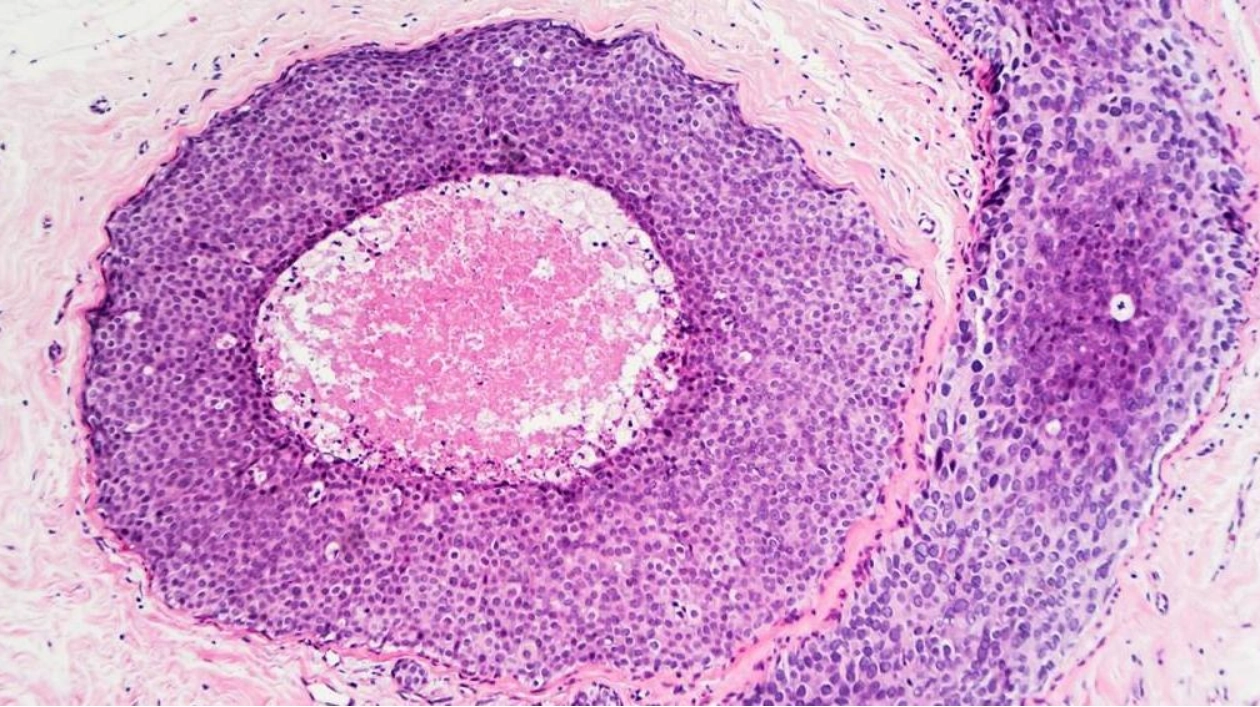Actress Danielle Fishel recently made headlines by announcing her 'very, very, very early' breast cancer diagnosis, classified as Stage 0. 'It’s technically Stage 0,' she revealed on her podcast, 'Pod Meets World,' on August 19. Fishel is planning to undergo surgery to remove the cancer, expressing confidence that she will recover. Stories like hers, which convey optimism in the face of a cancer diagnosis, are encouraging.
Stage 0 cancer refers to a condition where cells appear cancerous under a microscope but remain in their original location without spreading. This stage is also termed carcinoma in situ or noninvasive cancer, as it does not invade surrounding tissues. Julie Nangia, an oncologist at Baylor College of Medicine, describes these conditions as 'kind of precancer lesions.' There are various types of Stage 0 cancer depending on the tissue or organ affected, though not all cancers, like sarcomas, have a Stage 0.
Fishel’s diagnosis is specifically ductal carcinoma in situ (DCIS), indicating abnormal cells in the breast’s milk ducts that have not spread into the breast tissue. While DCIS can potentially develop into more severe stages, it was less commonly diagnosed before widespread screening mammograms. Now, it accounts for about 20% of newly diagnosed breast cancers in the U.S., with around 50,000 cases annually.
Despite the prevalence, Stage 0 breast cancer often lacks symptoms, making it possible for individuals to have it without knowing. Most DCIS cases are detected through regular screening mammograms, highlighting their importance. Treatment typically involves surgery, radiation, or a combination, with no recommendation for chemotherapy.
The controversy surrounding Stage 0 breast cancer includes debates over whether early detection through screening prevents invasive progression or if some abnormal cells would never become invasive. Surgical oncologist Shelley Hwang of Duke University suggests that not all DCIS cases may progress to invasive cancer.
Alternative treatments like active surveillance are being explored through clinical trials in various countries, including the COMET study in the U.S., which may offer new treatment options for low-risk DCIS. However, due to the inability to predict which cases will become dangerous, doctors generally recommend treating all cases as potentially invasive.
Research is ongoing to better understand and classify Stage 0 cells, with studies examining various aspects including mineral formations, genetic markers, and molecular properties. Celebrity disclosures like Fishel’s and Angelina Jolie’s have also played a role in raising awareness and encouraging preventive screenings.






